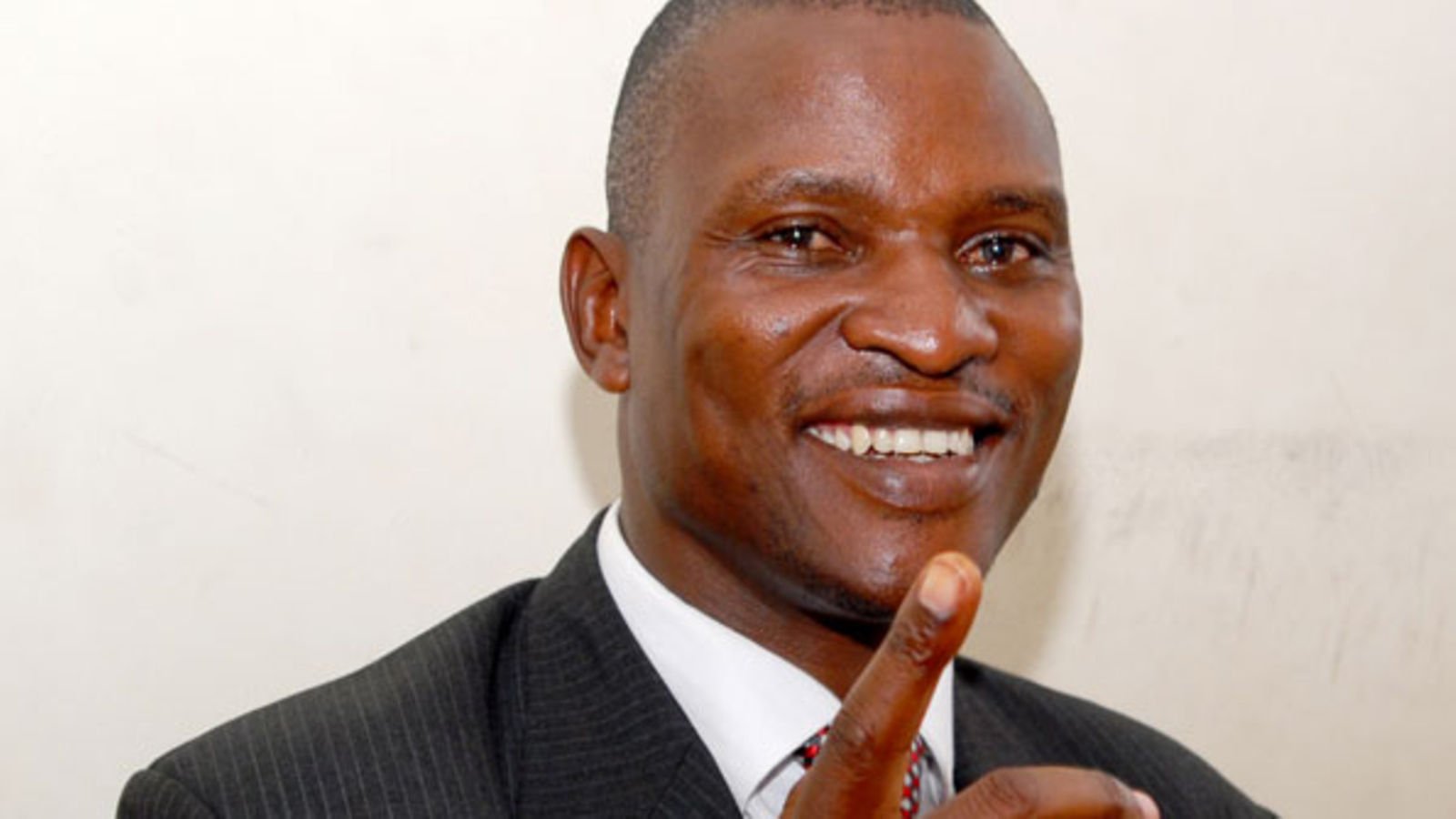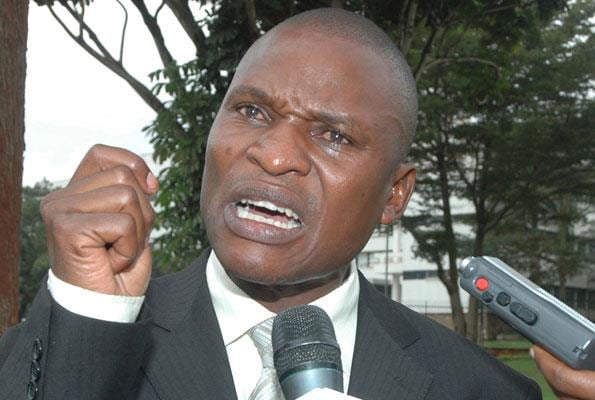
Crispin Kaheru
Reflecting on the life and times of Tamale Mirundi requires a nuanced understanding of both his public and private personas. Mirundi was a complex figure in Ugandan society—a man who was as controversial as he was charismatic, and whose impact on political discourse will be felt for years to come.
Mirundi’s career was marked by a blend of audacity and intellect, a combination that made him a household name in Uganda.
First, as a media personality and political commentator, he was unafraid to speak his mind, often using sharp wit and biting humor to dissect the country’s political landscape.
His approach was far from conventional; it was unfiltered and often polarising. For some, he was a voice of truth, fearlessly challenging the status quo. For others, his outspoken nature bordered on the abrasive, often raising eyebrows and generating controversy.
But despite the polarising nature of his commentary, Mirundi’s influence on Ugandan politics and media cannot be understated. He had an innate ability to capture the public’s attention, drawing listeners in with his candid analysis and vivid storytelling – on TVs and radios. His style, characterised by a mix of local proverbs, street slang, and political jargon, resonated with many Ugandans, particularly those who felt disconnected from the often aloof political class.
His accessibility made him a bridge between the elite and the ordinary citizen, a role that few have been able to play with such effectiveness. Mirundi will be remembered for many things, but perhaps most notably for his relentless defense of his beliefs. Whether one agreed with him or not, it was clear that he spoke from a place of conviction. His commentary was deeply rooted in his understanding of the political dynamics at play. This seeming authenticity is what endeared him to many, even among those who did not always see eye to eye with his viewpoints.
Beyond his media presence, Mirundi was also committed to a democratic dispensation in Uganda. He was an active member of the Citizens’ Coalition for Electoral Democracy in Uganda (CCEDU), a citizens’ movement dedicated to promoting electoral integrity and civic engagement. I interactered with him frequently during my time as head of CCEDU. In those interactions, I found Mirundi to be a man of strong convictions, committed not just to the politics of the day, but to the broader principles of democracy. He believed in the power of the citizenry to shape their own destiny.
Besides his media presence, Mirundi also played a significant role behind the scenes as a presidential advisor on media. In this capacity, he wielded considerable influence, shaping the way the government communicated with the public. His tenure was not without its challenges, and his confrontational style often put him at odds with other government figures. However, it is precisely this boldness that defined his career and made him a significant figure in Ugandan political history.
So, as we reflect on his legacy, it is clear that Mirundi was a man of contradictions. He was both a critic and a defender of the government, a man who could be both brutally honest and fiercely loyal. This duality made him difficult to categorise, and perhaps that is why he remains such a compelling figure. His ability to navigate the complex and often murky waters of Ugandan politics with such finesse is something that will be studied and discussed for years to come.
Mirundi’s life was one of impact, controversy, and irrefutable influence. He will be remembered as a trailblazer in the field of political commentary—a man who, for better or worse, reshaped the way Ugandans engage with politics and the media.
His legacy is partly a testament to the power of free speech. As Uganda continues to evolve politically and socially, I think Mirundi’s voice will undoubtedly linger, reminding us all of the complex and often contentious nature of public discourse in our country.
Rest well Tamale Mirundi. Up there, the debates are eternal, and I’m sure you will keep them all on their toes—just as you did down here.
Crispin Kaheru, Member of the Uganda Human Rights Commission (UHRC)






